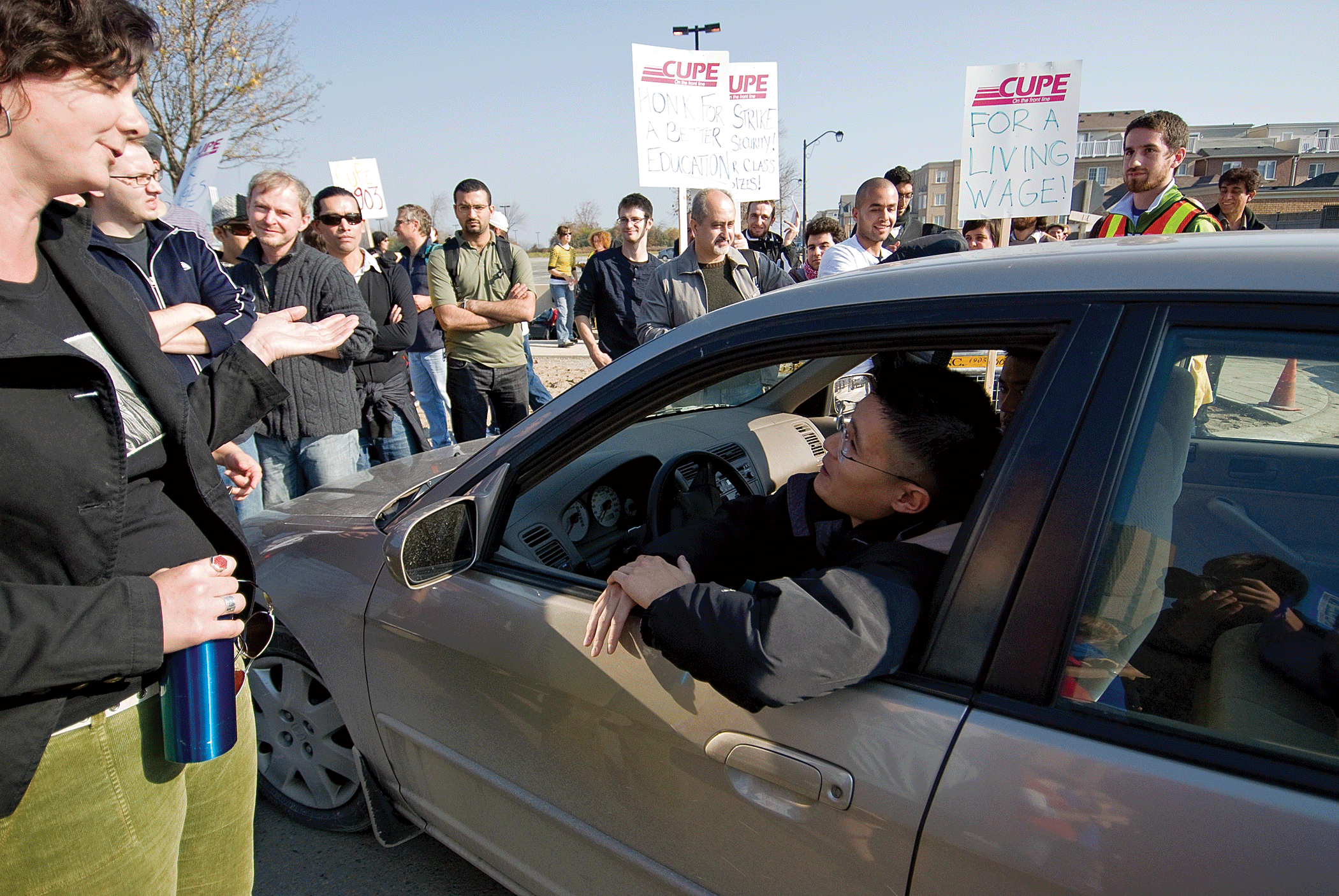John Nyman

Arts Editor
I can usually predict the reaction I’ll get when I tell people I’m a bit nostalgic for my strike days: it’s generally a mix of bitterness, anger and thinly veiled jealousy.
But why shouldn’t we mark this anniversary with a look at the brighter side of the Great Strike? It’s more than simply needing to cool down about something that’s half a bachelor’s degree in the past – though anyone who’s still upset about it certainly does. There were some solid positives to a few months off school back in 2008, and there are still some positives to being part of a monumental event in labour relations history today.
Faced with the strike in my first year at York, I started making the most of my time right away. Within the first few weeks, I’d already found a job and caught up with most of my course reading and assignments. I also had a real opportunity to do some creative work and read a few fat novels that I wouldn’t even be able to crack open during a regular schedule.
I’ll admit that I was anxious to get back, but it was only because the strike gave me a chance to remember why I was in school in the first place.
The aftermath of the strike wasn’t so bad, either. That year, being broken up by such a significant length of time off, was probably one of the least stressful I’ve had at York. The dropouts only freed up campus space for students like me who had the time and patience – and, unfortunately, who were lucky enough – to stick around.
Most significant to me now, I remember developing an awareness of labour relations ?and university politics that I would have never considered otherwise.
One of the most important effects of the strike is the lasting politicization of the York campus it’s caused, something that’s not just necessary for York students, but also keeps us in an integral position among Canadian universities.
The strike broke our illusion of a peaceful, neutral university environment and directly showed us the deep divisions between the goals and strategies of York’s academic community – the students and TAs – and the administration. Instead of just being an abstract discussion limited to only a few interested parties and groups, university politics invaded the classroom during the strike, as well before and after it, through talks, lectures and asides by professors and TAs.
As much as we hate griping about the greed and indifference of York’s corporate elements, without our history of tense and occasionally explosive labour relations we may not be aware of them at all. Events like the Great Strike opened up an arena for a wide swath of students to voice their opinions, and served as an example for students at other universities that face similar problems. It made us more conscious of the disturbing ways our administration doesn’t care about us, and some of the surprising ways that they do.
It isn’t necessary to see the strike as something obviously negative. It’s simply something that happened. There are definitely a lot of horror stories, but I think we have to admit that some of us made it out okay, too.
You can hate me all you want, but you have to have some respect for the good side of a bad thing.
Counterpoint – Know what? The strike wasn’t so bad




